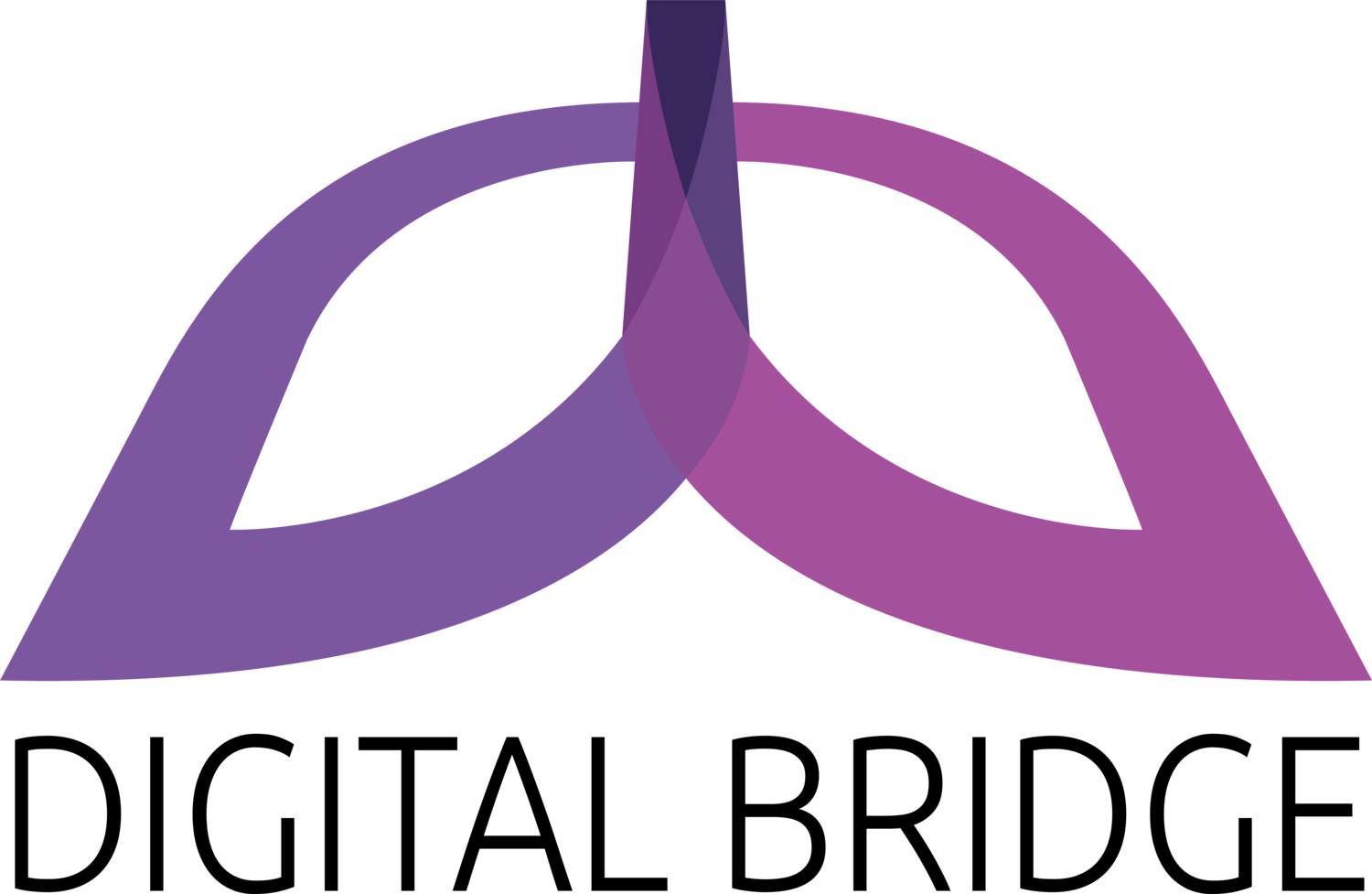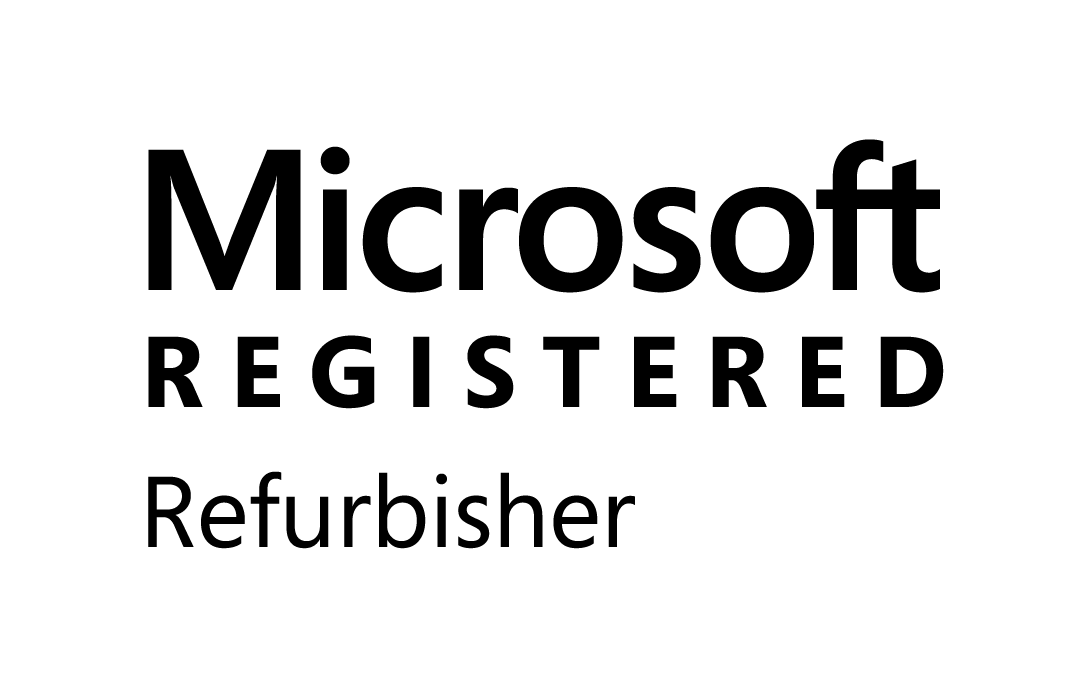"I'm a senior citizen that codes." – 3 things we learned from Alicia Carr's talk about technology and inclusion
/Happy Digital Inclusion Week!
This blog post is part of a series from Digital Bridge for Digital Inclusion Week. Member organizations of the National Digital Inclusion Alliance (NDIA), including Digital Bridge, are celebrating Digital Inclusion Week all over the nation from May 7-11! NDIA represents more than 300 affiliated organizations in 38 states that work toward digital equity.
This evening, Digital Bridge attended Alicia Carr's talk, "Coded for Greatness", in which she discussed her journey of becoming a developer and using her experience and skills to help victims of domestic violence. Alicia was a 51-year-old grandmother when she decided to teach herself Objective C and create PEVO, a mobile app dedicated to helping victims escape abuse.
Here are 3 things we learned from Alicia about the world of technology and inclusion.
1) Find alternative routes for accomplishing your goals.
"I don't need a college degree to be a coder," said Alicia. Although she has worked in the tech field most of her life, Alicia revealed that she never obtained a college degree. Instead, she was able to find free and cheap resources online, such as a 90-day coding camp, to help her learn new coding languages like Objective C and Swift in order to build PEVO. To solidify her point, Alicia spotted an aspiring 16-year-old coder in the audience, and she suggested that the teen learn how to code first using accessible online services, then use her self-taught skills to find a job that pays for her college degree.
Alicia's point shines a bright spotlight on the efforts of NDIA and Digital Bridge to promote Digital Inclusion. NDIA describes Digital Inclusion as "the activities necessary to ensure that all individuals and communities...have access to and use of Information and Communication Technologies (ICTs)." This includes "applications and online content designed to enable and encourage self-sufficiency, participation and collaboration" [1], just like the online resources that were invaluable to Alicia while she was teaching herself new programming languages.
Alicia is ecstatic about her PEVO app. She had to code PEVO with not only the user, the abuse victim, in mind, but also the abuser. The app disguises itself as a calculator when it is opened to hide its purpose from anyone but the abuse victim.
2) Learn to push past impostor syndrome.
Harvard Business School professor Amy Cuddy defines it as "the deep and sometimes paralyzing belief that we have been given something we didn’t earn and don’t deserve and that at some point we’ll be exposed. " [2] In her talk, Alicia discussed her struggle with impostor syndrome, describing that she often felt like "nothing special" in her line of work, especially being a senior black woman in the tech field. She encouraged anyone in the audience to push themselves to get past that innate feeling of being an impostor and accomplish their goals, even if people in their respective fields don't think or look the same way they do.
3) Build a community of support around you.
Alicia stressed during her talk the fact that she couldn't have built PEVO and published it on iTunes without the support of others. She describes receiving encouragement from everyone from her husband, kids, and girlfriends, to community support groups she joined such as Women Who Code, to representatives she met along the way from Apple and Github who helped her refine the app. Alicia suggests to anyone hoping to pursue a passion to engage and surround themselves with people who are not only interested in what they're trying to accomplish, but who are also interested in putting in the time and effort to help them accomplish it.
Cynthia Smith, a Senior Engineer from Northwestern Mutual, and Tarik Moody, a DJ from 88.9 Radio Milwaukee, discuss Alicia's work with her. Alicia has jokes, making Cynthia, Tarik, and the audience frequently break out in laughter with her.






